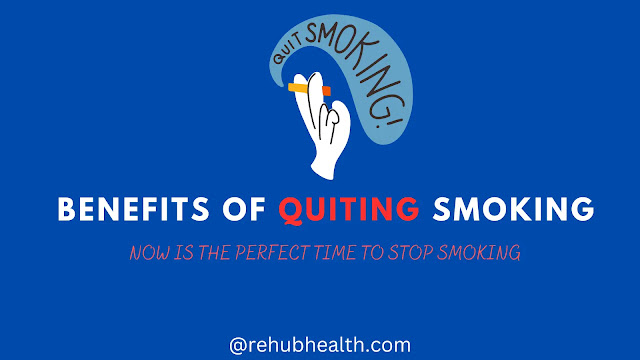Hygiene Obsession Can Affect Your Child’s Health
Overview
To protect themselves and their children from diseases, many may overdo it with cleaning and disinfection of their homes. This obsession may harm the health of children and expose them to allergic and autoimmune diseases. Is there a compromise?
Since the outbreak of the corona pandemic, attention to hygiene and disinfection has increased. Attention may not affect adults, but it is harmful to children's health. Previous studies have linked parents obsessed with cleaning to more children developing allergic and autoimmune diseases.
In turn, British researchers Graham Rock and Sally Bloomfield explain in an article published in the Journal of Allergy and Clinical Immunology, citing the German magazine "oko test", that this does not mean that dirty houses are better for the immune system of the little ones.
Contact with nature prevents allergies in children
Studies have shown that cleaning and hand hygiene do not affect the incidence of allergic diseases in children. According to the researchers, this may be because children usually deal with microbes in one form or another that are not found in house dust.
According to current studies, early human contact with dirt found in nature, with other children and animals is useful in preventing allergies. That's why children who are allowed to play in the sand, dust, and leaves of trees and are surrounded by dogs, for example, may enjoy good health.
Cleaning with a child
But if you want to keep your home clean with a child, you don't have to worry about allergy prevention. But both Rock and Bloomfield advise, not to wipe the floor of the house every day. Not only because it is unnecessary, but also because frequent contact with cleaning agents containing compounds such as quaternary ammonium can harm the health of crawling babies.
It is better to focus on areas where pathogenic spores multiply. This means keeping hands and surfaces clean when in contact with food, storing food in closed containers in the refrigerator, regularly cleaning dishwashing brushes in the dishwasher, and replacing them from time to time.
It is also advisable to use separate cleaning rags for the kitchen and bathroom and change them regularly, regularly clean the children's changing area and toilet with cleaning agents, as well as wipe the door handles and light switches.
Change House towels every day
For her part, Dr. Monica Schults, head of the Department of Environmental Medicine and Hygiene at the University Hospital in Augsburg, explains: "A towel for drying hands can be used if the whole family is healthy.
The doctor recommends hanging this towel to dry well and changing it every day and allocating a special towel for guests only," the doctor recommends. Schultz also stressed the need to wash towels, dish towels, cleaning cloths, bed linen, and underwear with heavy-duty detergent at a temperature of 60 °C.
Infectious diseases
When a family member has an infectious disease, such as a common cold or others, it is advisable to throw away the handkerchief immediately after cleaning the nose, washing or disinfecting hands, as well as the bathroom door handle. And wash hands before contact with food, in case of pathogens or gastrointestinal diseases.
And also cleaning and disinfection of the toilet area with suitable antiseptics against viruses, ventilation, and wearing masks.
Cold sores that affect adults are one of the life-threatening infections of newborns. People who suffer from them should therefore stay away from newborns. And if it is the parents themselves who suffer from blisters on their lips, in addition to not kissing the baby, it is necessary to wear a face mask and disinfect hands with an antiviral antiseptic before touching the baby.
SOURCES:

.webp)




